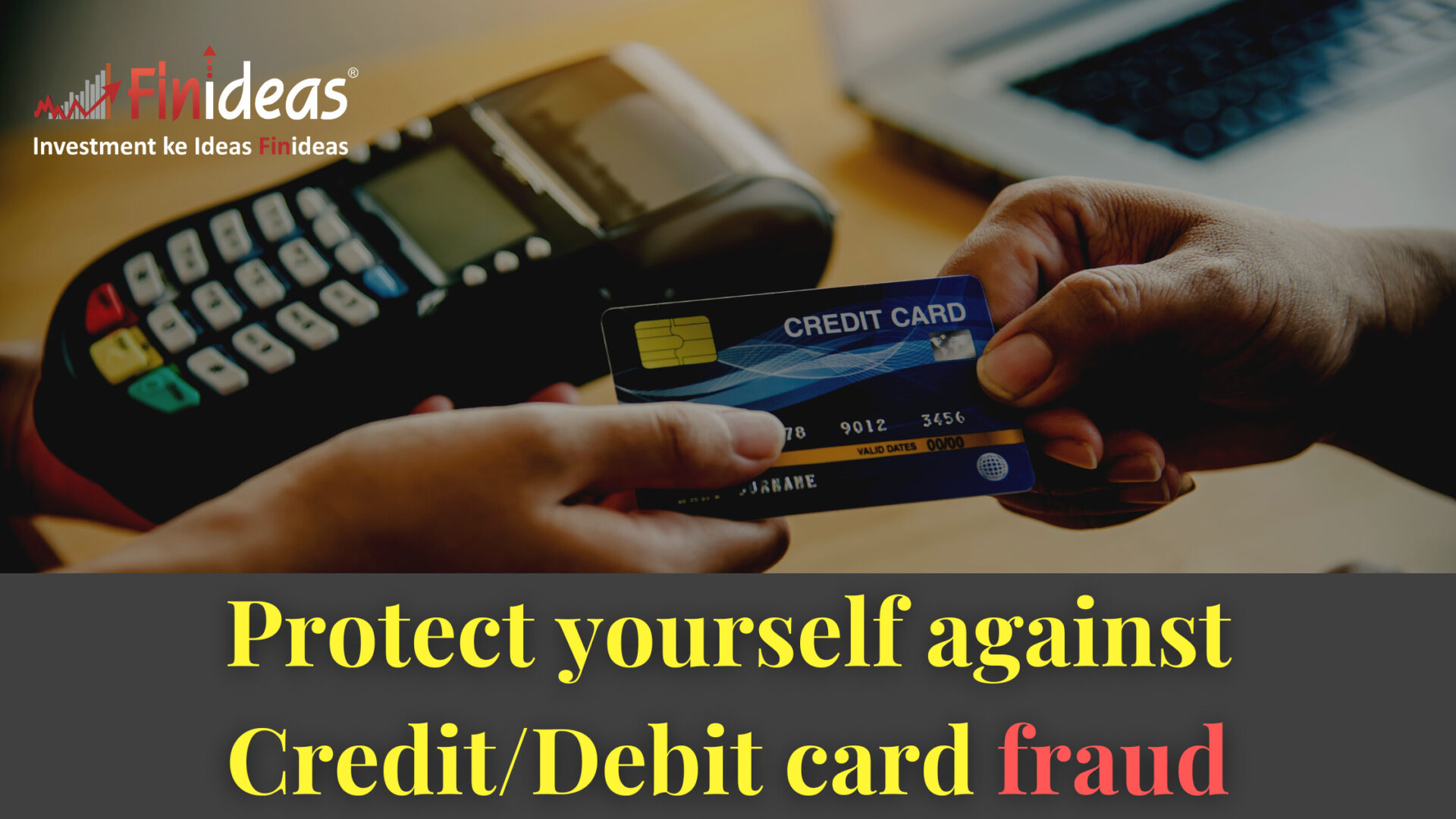As we become increasingly reliant on technology, debit and credit card fraud has become a major source of concern for many people. Identity theft is on the rise, leaving millions of individuals vulnerable to cyber-attacks. With the right protections in place, you can avoid becoming a victim of this ever-growing form of criminal activity.
In this article, we will discuss how to protect yourself against debit and credit card fraud so that you can enjoy safe and secure online transactions.
Credit/Debit Card Fraud
Credit card swindles are a growing concern for both consumers and credit card companies. As technology advances in the financial sector, it becomes easier to commit fraud. Credit card fraud is the theft of your personal information and the unauthorized use of your account. To protect your credit card against fraud, you should understand the different types of fraud that are common as well as some of the steps you can take to prevent them.
Types of credit card fraud
Credit card fraud is a growing concern, and it’s important to protect yourself from this type of fraudulent activity. There are several different types of credit card fraud, ranging from the obvious to the more subtle. Skimming, phishing, and identity theft are some of the more well-known forms of fraud.
- Skimming involves someone stealing your credit card information with a device that reads your magnetic strip without you knowing.
- Phishing is when criminals send out emails that appear to come from legitimate businesses to acquire personal financial information.
- Identity theft occurs when someone uses your personal information such as name, address, and Aadhaar/PAN number for their gain.
While these types of fraud are the ones that make headlines, the more subtle forms of credit card fraud are just as dangerous. Credit card concierge scams are a great example of this type of fraud.
In this fraud the criminals attempt to gain access to your credit card information by pretending to be a representative of your bank or credit card company. They will often call you on the telephone and attempt to gain your personal information by telling you that there is a problem with your card. They will then ask for your card number, expiry date, and security code so that they can verify the information. If you give your credit card information over the telephone, you could be giving these criminals access to your account, and they will use it to make fraudulent purchases.
How to protect yourself from these frauds
It is important to protect your credit card against fraud to avoid financial losses and to maintain a good credit score.
Here are some tips to keep your credit card safe:
- Keep your credit card in a secure place: you should treat your credit card as a valuable but vulnerable asset and never keep it out in the open. Make sure that you store your credit card in your wallet or purse which you carry around with you all the time. If you do not use the card very often, then store it in a cabinet and lock it securely.
- Keep your card information a secret: always remember that your credit card information is highly sensitive and therefore must never reveal the card details to anyone. You must never reveal the card information to anyone who asks for it over the phone. Phishing scams are rampant these days, so under no circumstances should you trust anyone even if they say that they are calling from the bank.
- Always use strong passwords: keep your net banking account safe by using strong passwords and 2-factor authentication methods whenever available. Remember that your net banking account contains extremely sensitive information about your financial transactions, so they require extra protection from these hackers. The password should not be easily guessable and avoid using personally identifiable information like your date of birth or nickname as your password.
- Avoid using net banking on shared computers: if you are using your computer with other people in your office or home, avoid opening your net banking account from it.
- Keep an eye on your accounts: the bank or financial institution which has your credit card will send you monthly statements. Go through those statements and review the transactions regularly. If you find any transaction or charge that you do not recognize raise a dispute with the bank and block your card.
- Transact only through secure websites: if you are making an online payment, check whether the website has the https prefix and the lock icon in the address bar. Websites having these use secure encryption methods to protect your personal and financial data. Avoid using the websites that do not have this as they are vulnerable to getting hacked.
- Use cards that offer fraud protection: nowadays many banks offer a fraud protection facility for their debit and credit cards. This facility safeguards the card user from unauthorized charges. This fraud protection can prove especially useful if your card gets lost or stolen.
- Use a credit card with fraud protection: consider using a credit card that offers fraud protection, such as zero liability for unauthorized charges. This can provide an extra layer of protection in case your card gets lost or stolen.
In conclusion, protecting your credit card against fraud is a crucial step to maintaining a healthy financial life. On following the steps listed in this article, you can be proactive in keeping your information secure and better protect yourself against potential threats. Comment here if you have any other tips for our readers to keep themselves safe against credit card fraud.
Happy Investing!
This article is for education purpose only. Kindly consult with your financial advisor before doing any kind of investment.

